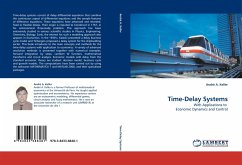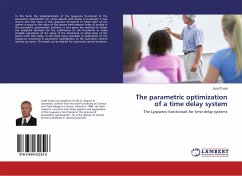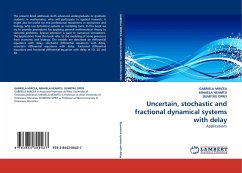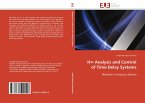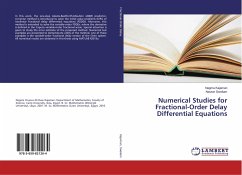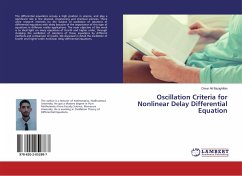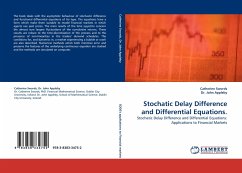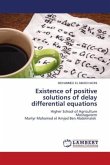Time-delay systems consist of delay differential equations that combine the continuous aspect of differential equations and the sample features of difference equations. These equations have advanced and retarded, fixed or flexible delays. Their origin is imputed to Condorcet in 1767, in his astronomical three-body problem. This approach has been extensively studied in various scientific studies in Physics, Engineering, Chemistry, Biology. Early, the interest for such a modeling approach also appears in Economics. In the 1930's, Kalecki presented a delay business cycle model and Tinbergen proposed a delay system for the shipbuilding sector. This book introduces to the main concepts and methods for the time-delay systems with application to economics. A variety of advanced resolution methods is presented together with numerical examples: forward integration by steps, Lambert W function, mathematical transforms and circuit analysis. Economic models with delay from the standard economic theory are studied: decision model, business cycle and growth models. The computations have been carried out by using the softwares MATHEMATICA 7 and MATLAB 2008, and their specialized packages.

